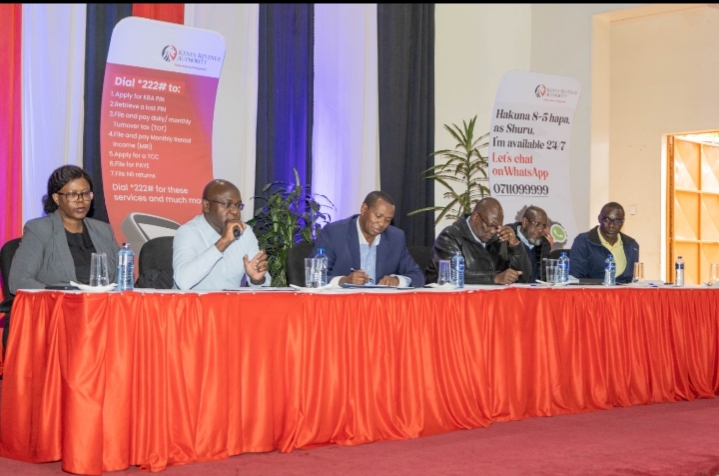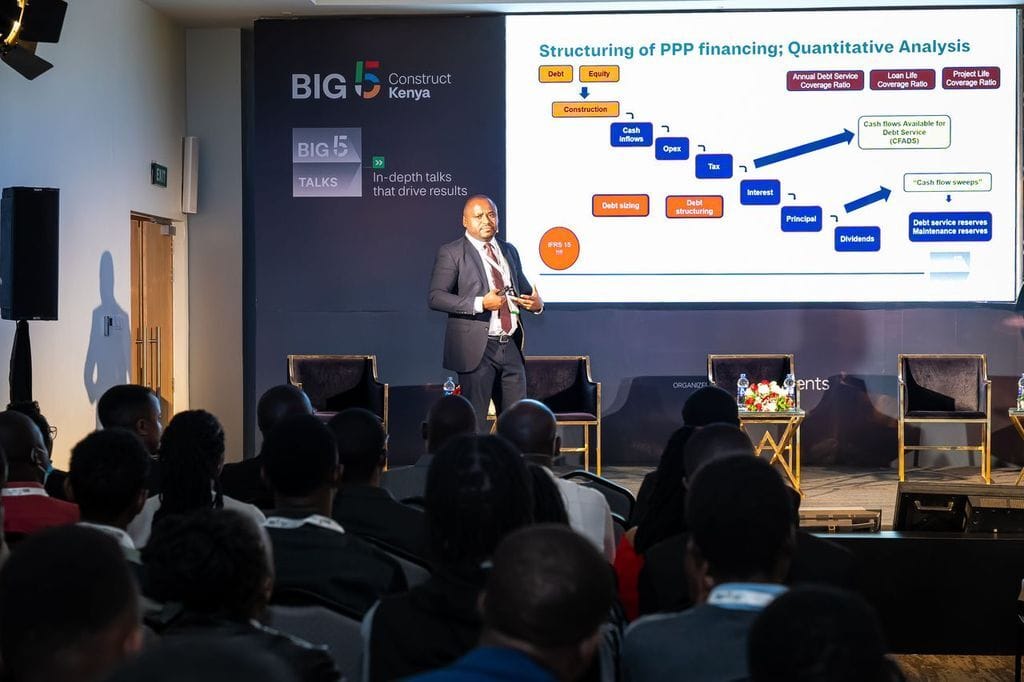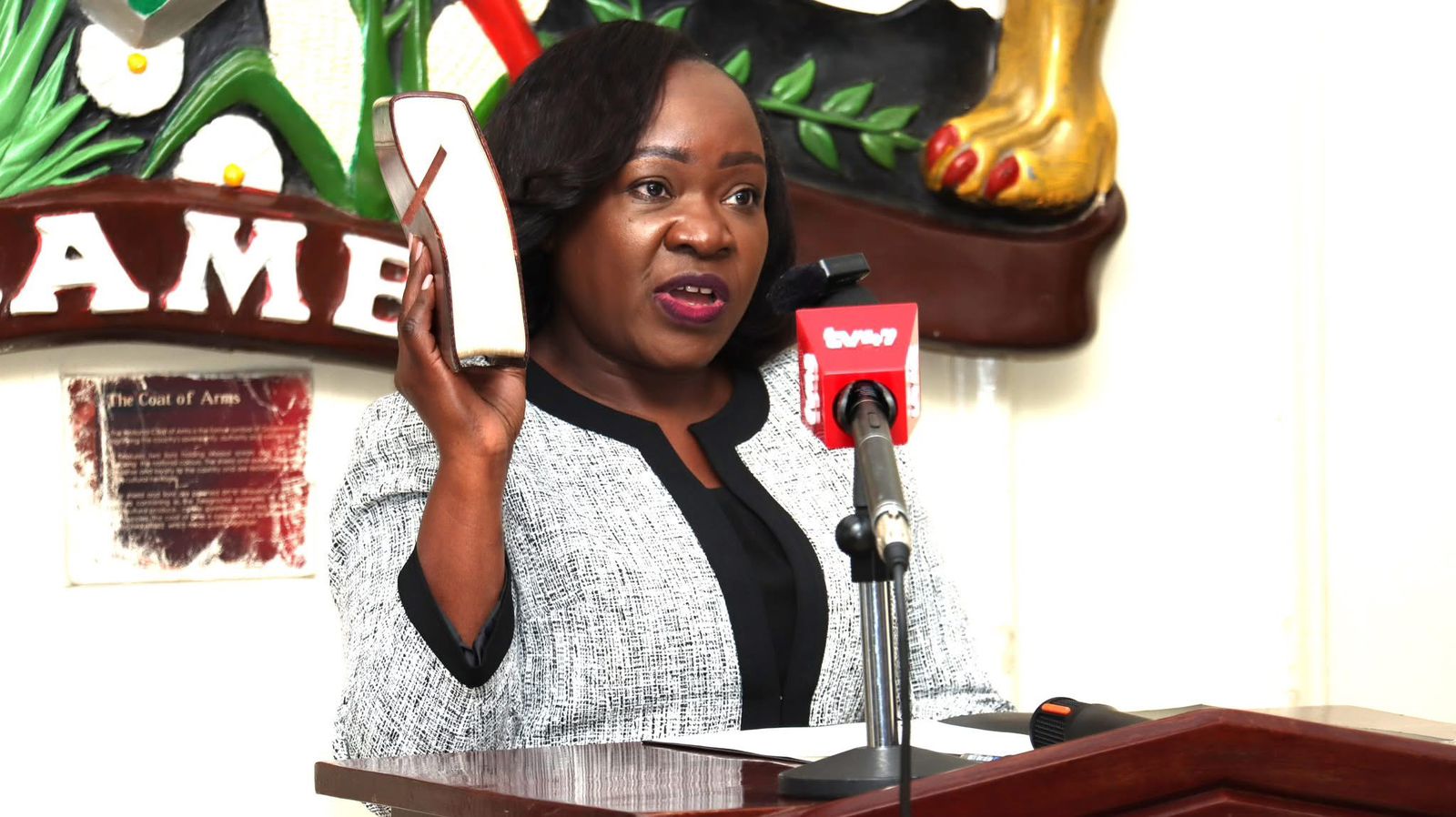Mawingu Secures $20 Million to Expand Green-Tech Internet Networks Across Africa

Mawingu Chief executive officer Mr Farouk Ramji addressing the press during a press briefing in Nairobi on 1st October 2025.
Nairobi, October 1, 2025 -Mawingu, East Africa’s largest internet service provider serving rural and peri-urban areas, has secured $20 million in new investment from Pembani Remgro Infrastructure Fund II (PRIF II) to scale sustainable digital infrastructure across underserved African markets.
Speaking to the press in Nairobi on Wednesday Farouk Ramji, Mawingu’s Chief Executive Officer, said the funding will accelerate the company’s unique approach of combining fibre, wireless, and green-energy technologies to deliver reliable, affordable connectivity in communities traditionally excluded from broadband coverage.
“This latest funding announcement marks a significant milestone for Mawingu, moving closer to our goal of positively impacting 1 million people in Africa by 2028,” he added.
Mawingu’s strategy emphasizes sustainability and innovation, operating base stations powered by renewable energy and building scalable networks in challenging rural and peri-urban environments. The model reduces costs and overcomes geographical barriers that have historically deterred infrastructure investment.
Backing the expansion, PRIF II expressed confidence in Mawingu’s model.
“Mawingu’s track record of disciplined growth and innovation in underserved markets makes them an ideal partner for PRIF II,” said Ridwaan Tayob, who led the transaction.
“This investment reflects our confidence in their ability to scale sustainably across Africa.”
The new investment builds on Mawingu’s expansion into Tanzania in 2024, when it acquired Habari and extended coverage to nine regions. Today, Mawingu connects over 26,000 homes and businesses across 31 Kenyan counties and operates more than 200 base stations, making it the largest provider in the region dedicated exclusively to underserved markets.
Industry experts note that fixed broadband adoption in Sub-Saharan Africa remains low, with only 12% of households connected. Expanding affordable, sustainable connectivity presents an untapped opportunity to drive economic growth, as studies show a 10% increase in broadband penetration can raise GDP growth by 1.38% in developing countries.





